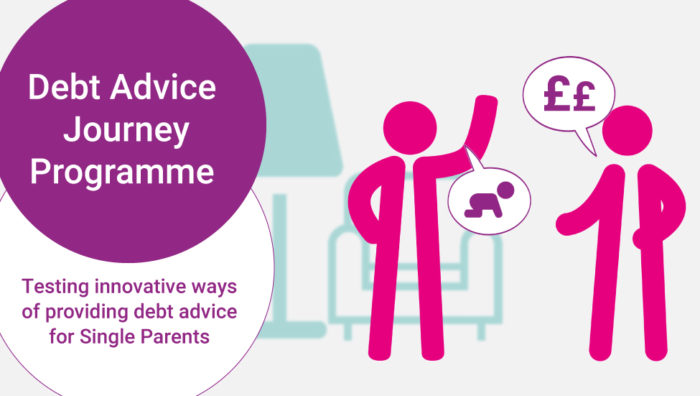New OPFS project will test innovative ways of providing debt advice for Single Parents

30/03/2021
News
Scottish Legal Aid Board funding will kickstart OPFS plans to improve access to free debt and money advice for single parents.[1] The £3.25m ‘Debt Advice Journey Programme’ was launched in October 2020 to assist with the development of changes to working practices that help manage increased demand for advice and improve service user experience. OPFS is one of twenty organisations across Scotland to have been successful in funding bids.
The OPFS project will develop better ways to link in single parents needing help with the debt advice service in Glasgow and Lanarkshire. It will test ways to improve the information gathering process which is so vital in giving advice a soon as possible to parents who need it. The project will also set up and test online debt tools to increase the numbers of single parents, across Scotland, able to access OPFS single parent specialist services.
- Satwat Rehman, CEO of OPFS
During the Covid19 pandemic our advice to parents has progressed to more phone and digital services and we have seen a large increase in the number of parents needing support. In response to this we want to improve access to our family finance service and make the debt journey easier for one parent families across Scotland.
We aim to further develop our online resources including an entry level budgeting tool that can be used by parents to access information on our website and if feel they need specialist money and debt advice; they will be linked into OPFS in the first instance.
Often, money and debt worries are interwoven with other issues. When single parents come to OPFS they will also have access to our additional support for families provision and will then be referred to local partners if appropriate. This means parents get connected to the debt advice they need but they will also establish a relationship with OPFS for additional support needs.
[1] https://www.slab.org.uk/news/advice-projects-will-test-new-ways-of-providing-debt-help/